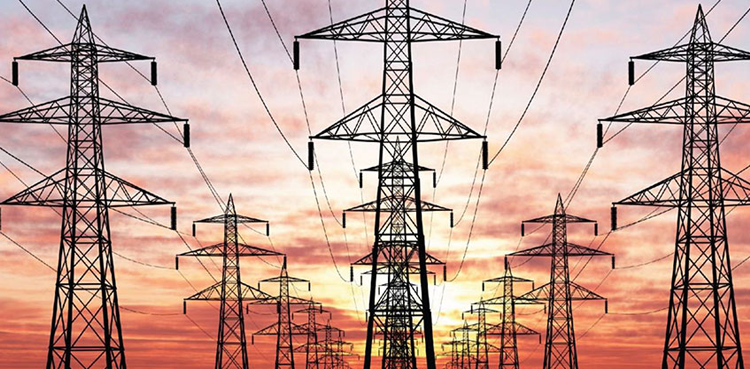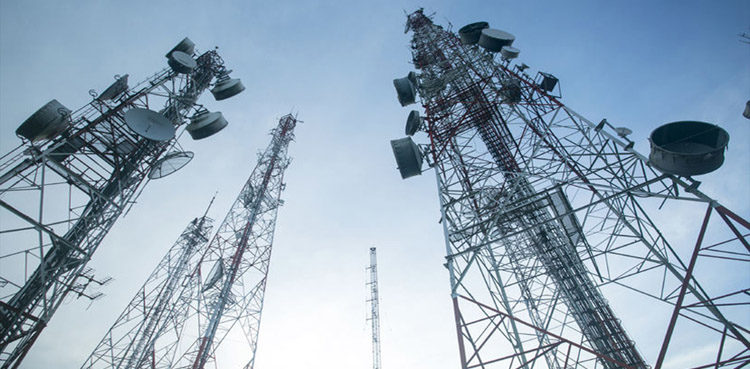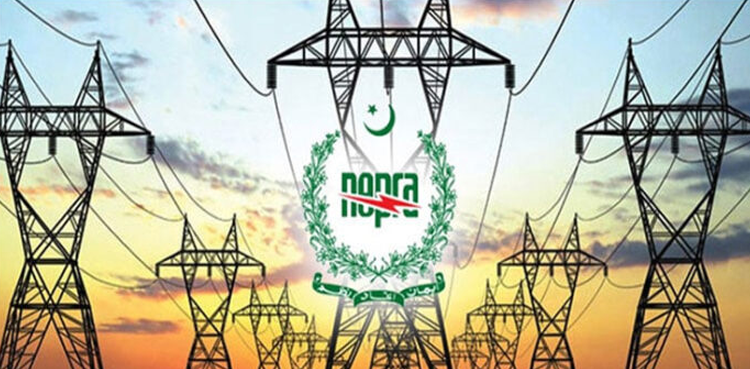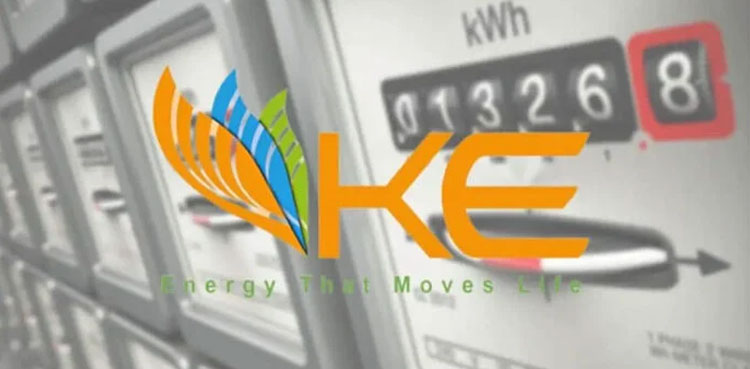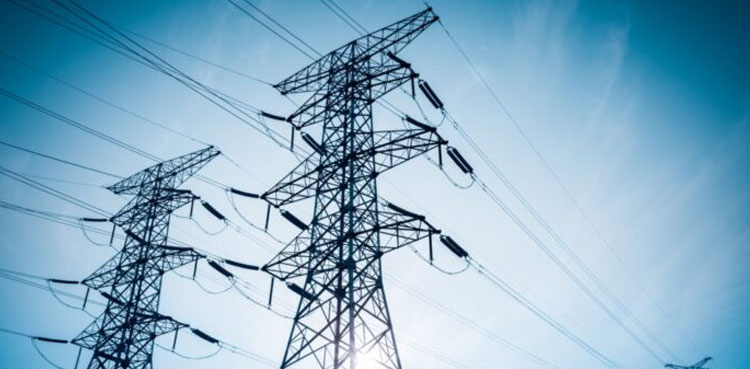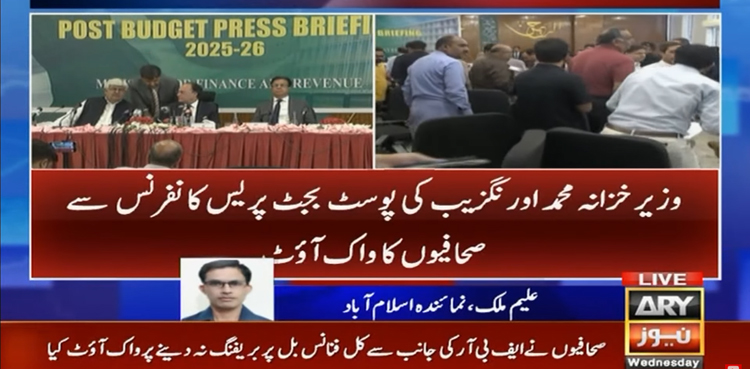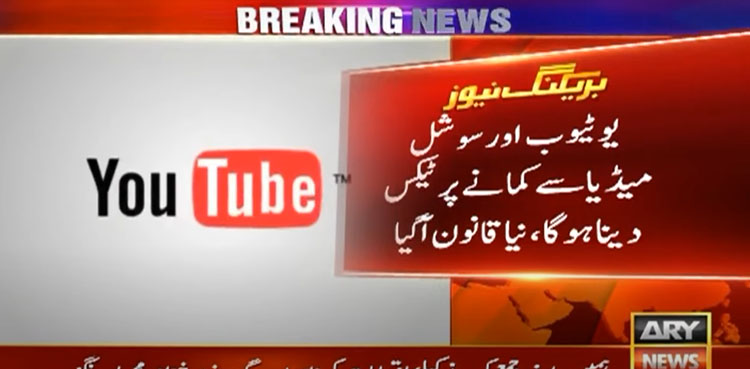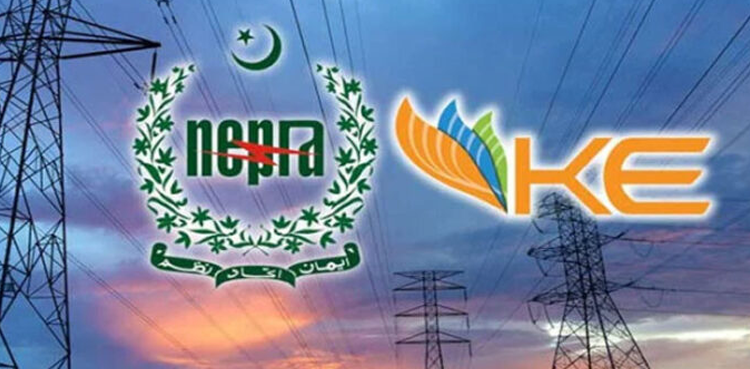ISLAMABAD: The Government of Pakistan has introduced a new digital tax law that mandates taxation on earnings generated from YouTube, social media platforms, and various online services, ARY News reported.
According to reports, income derived from audio, video, and music streaming services will now be subject to tax, along with other digital sectors.
The legislation also applies to telemedicine, e-learning platforms, cloud services, and online banking in Pakistan. Furthermore, e-commerce websites, online stores, and digital marketplaces will also fall under the scope of the new tax regulation.
Banks and exchange companies involved in transferring payments to foreign companies in exchange for goods or services will be required to deduct a 5 percent tax.
This tax must be deposited into the Pakistan national treasury by the 7th of each month. Failure to deduct or deposit the tax will result in legal action against the concerned financial institutions.
Under the new framework, all social media platforms operating in Pakistan are now obligated to submit quarterly reports to the government.
Read More: Budget 2025-26 at a glance
Similarly, any institution responsible for processing foreign purchases must submit a detailed quarterly report that includes the buyer’s name, national identity card number, date of payment, and the amount involved.
A penalty of Rs 1 million will be imposed on failure to submit the required quarterly report. Additionally, if a foreign company fails to comply with tax payments for three consecutive months, the bank transfers to that entity will be suspended.
This move is part of the government’s broader effort to enhance digital economy regulation and ensure tax compliance from rapidly growing online sectors.
The move come after Pakistan’s Finance Minister Muhammad Aurangzeb announced Federal Budget 2025-26 on Tuesday, June 10, 2025. Here is a brief summary of all his major announcements.
Economic Performance & Reforms
-
GDP Growth: Expected at 4.2% for FY2025-26.
-
Inflation: Reduced to 4.7% (from 29.2% two years ago), targeted at 7.5% for FY2025-26.
-
Fiscal Discipline: Primary surplus at 2.4% of GDP, budget deficit at 3.9% of GDP.
-
Remittances: Increased by 31% ($31.2B in 10 months), expected to reach $38B by year-end.
-
Foreign Reserves: Projected to hit $14B by year-end.
-
Debt Management: Debt-to-GDP ratio reduced from 74% to 70%, with further cuts planned.
Tax & Revenue Reforms
-
FBR Digital Transformation: AI-based audits, e-invoicing, and faceless customs to curb evasion.
-
Tax Relief for Salaried Class:
-
Reduced rates: 5% → 1% (income Rs600K–1.2M), 15% → 11% (up to Rs2.2M).
-
Super tax cut: 0.5% reduction for firms earning Rs10M–500M.
-
New Measures:
-
Carbon Levy: Rs2.5/liter on petrol/diesel (rising to Rs5/liter in FY2026-27).
-
E-commerce Tax: 18% sales tax on digital goods/services.
-
Pensioners Tax: 5% on annual pension income above Rs1 crore (for under-70s).
Energy Sector Reforms
-
Power Sector Savings: Rs3,000B saved via IPP renegotiations, 3,000MW furnace oil plants shut.
-
Privatization: DISCOs (Faisalabad, Gujranwala, Islamabad) halfway privatized.
-
Renewable Energy: Rs67.2B allocated for hydro projects (Dasu, Mohmand dams).
Infrastructure & Development
-
PSDP Allocation: Rs1,000B for federal projects, focusing on:
-
Transport: Rs328B for roads (Karachi-Balochistan highway, Sukkur-Hyderabad motorway).
-
Water Security: Rs133B for dams (Diamer-Bhasha, Mohmand) and irrigation.
-
Reko Diq Project: Expected to generate $75B over 37 years, create 41,500 jobs.
Social Protection & Welfare
-
BISP Expansion: Rs716B allocation (+21%), covering 1 crore families.
-
Education: Rs9.8B for “knowledge schools” in underserved areas.
-
Health: Rs14.3B for projects, including Jinnah Medical Complex (Islamabad).
-
Salary/Pension Increase:
Sector-Specific Initiatives
-
Agriculture: Rs2,066B in loans (+16%), new interest-free loans for small farmers.
-
IT & Exports: ICT exports up 21.2% ($3.1B), target of $25B in 5 years.
-
Housing: Tax cuts on property (WHT reduced from 4% to 2.5%), incentives for low-cost housing.
-
Overseas Pakistanis: Special courts, quotas in universities, and civil awards for top remitters.
Climate & Sustainability
Privatization & SOEs
-
PIA & Roosevelt Hotel: Privatization targeted for FY2025-26.
-
SOE Reforms: 45 entities to be privatized/closed, 40,000 vacant posts abolished.
Key Messages
-
Digitalization: FBR reforms aim to boost tax-to-GDP ratio to 14%.
-
Export Growth: Tariff reforms to align with Vietnam/Indonesia, reducing duties to 0–15%.
-
Anti-Evasion: Stricter enforcement on non-filers, e-commerce, and cash transactions.
